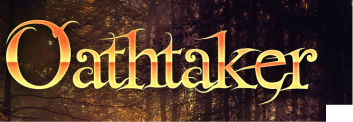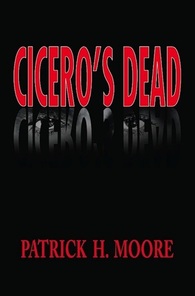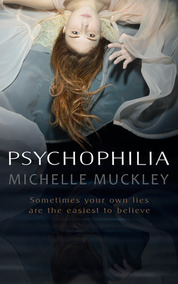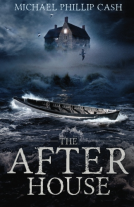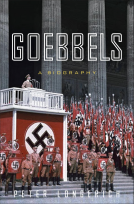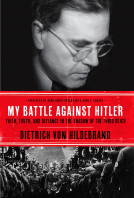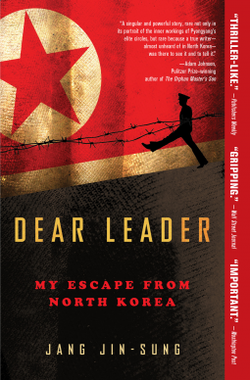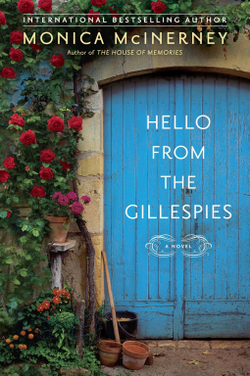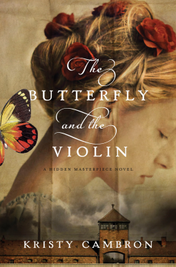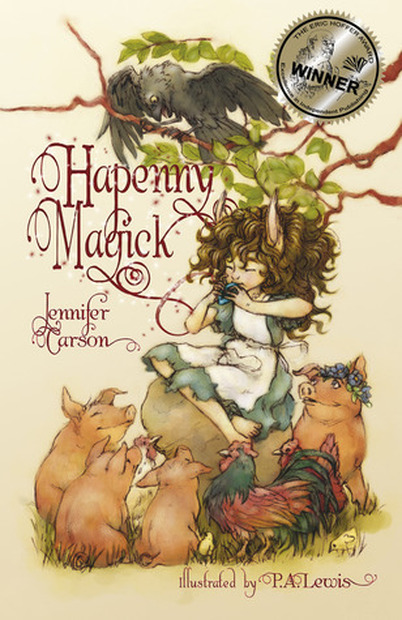
*****
Now and again, one of those stories for children (who are relatively new readers seeking a “chapter book”) comes along that is truly worthy of attention. Hapenny Magick, by Jennifer Carson, is just such a story. From the lovely cover art and internal pictures, to the storyline itself, this journey is sure to please young readers. In it, we meet Mae, a “hapenny,” or little person. Mae’s mother, now missing, left Mae with only an old (magic!) flute and a pendant. Left in the care of a guardian, Gelbane, a screeching, domineering woman (troll?), Mae is forced to work hard on Gelbane’s little pig farm. When strange things start happening, Mae leaves the pigs with which she sleeps, to follow a talking bird through the woods and to the home of the wizard, Callum. Although he and Aletta, another wizard, try to help Mae, she returns to Gelbane’s in the hopes that her mother will return there one day. But magick intrudes on the little village, and eventually, Mae returns to the wizard’s home. Then, with their help, she and the other hapennies are faced with a battle to free themselves from the trolls who seek to take over the village and to eat them.
Hapenny Magick met all the requirements I would have for recommending a story to young readers. It is creative, fun, interesting, and a story with which young readers are bound to identify. From a parent’s perspective, it offers even more: well-written prose and dialog, colorful word pictures (in addition to the interesting illustrations), and it is grammatically sound. While this may not be a serious issue for some, it is for me. It seems we spend a great deal of time trying to teach young children proper grammar, sentence structure, use of tense, and the like, then set them off to read stories that do not fit those criteria. Indeed, over the years, I did not recommend some (very) well-known stories to my children because I did not think they satisfactorily met these requirements. Parents need have no fear with Hapenny Magick. Moreover, they may recommend a story that provides children with some important life lessons, such as that the absence of a physical conflict is not the same as “peace,” and that working together can bring about the great results that one working alone may be unable to accomplish.
